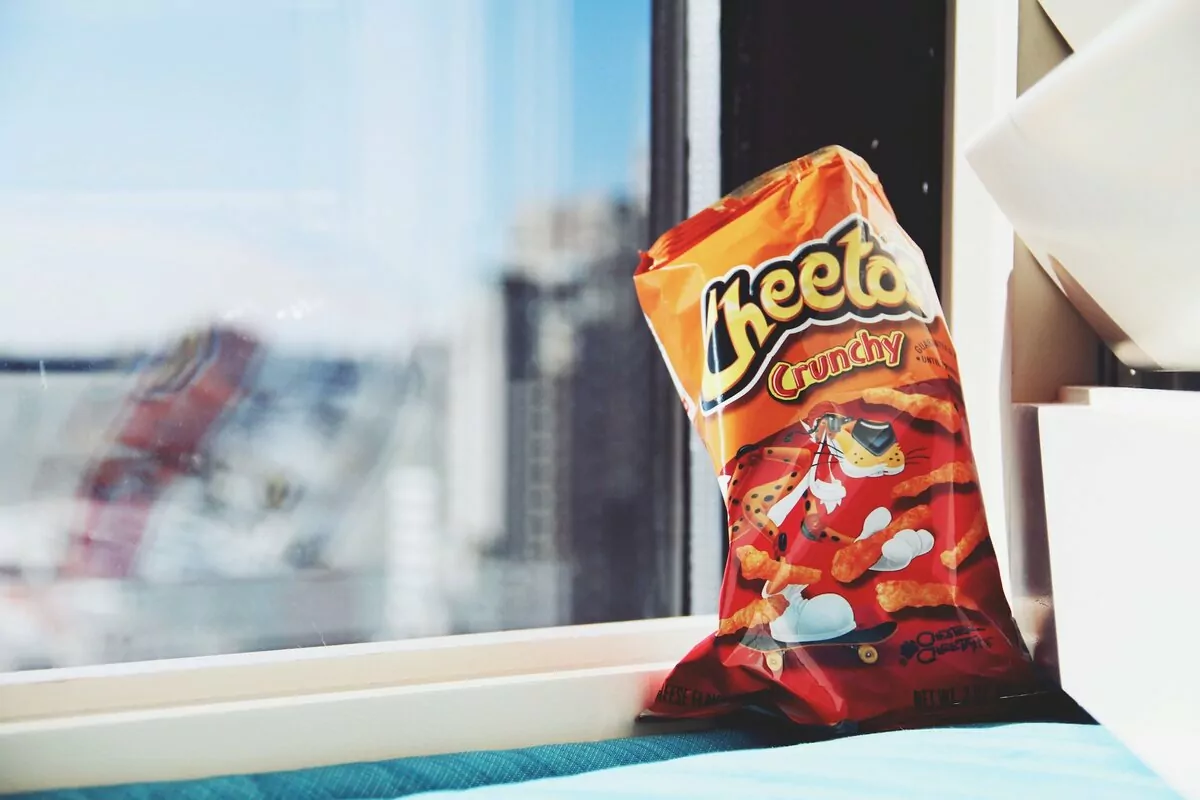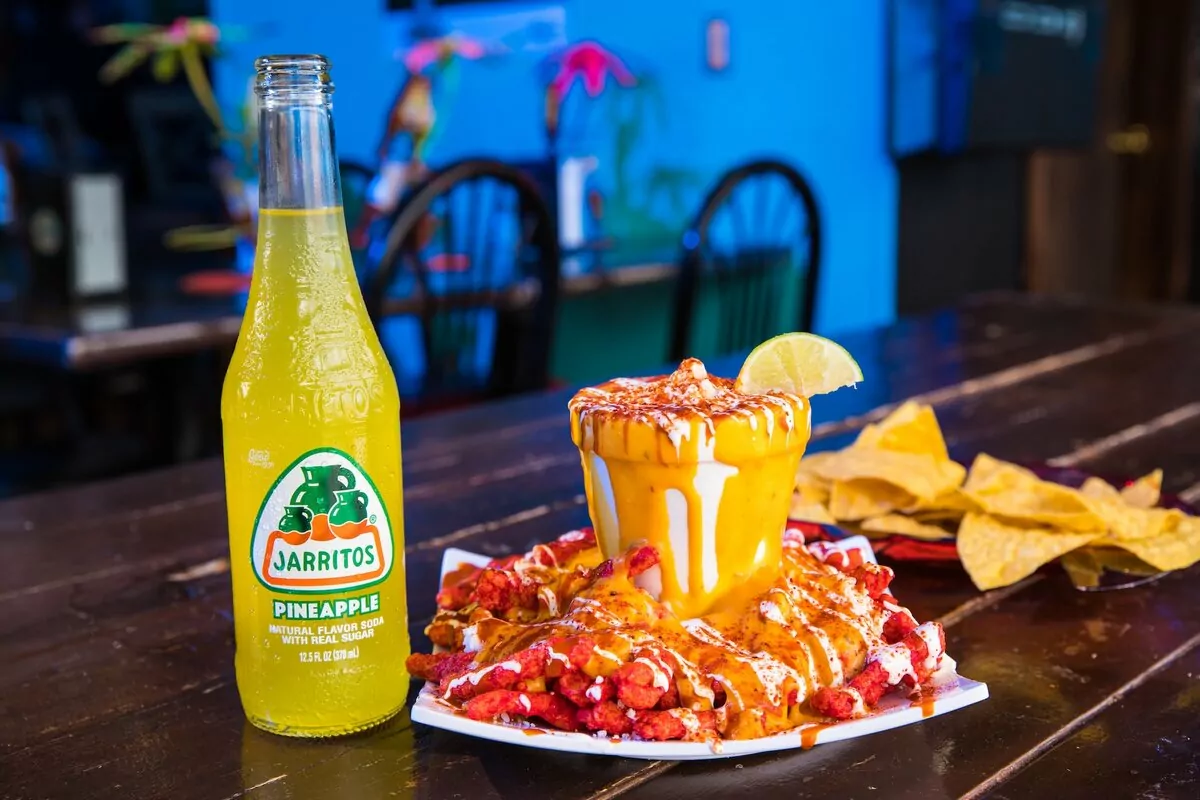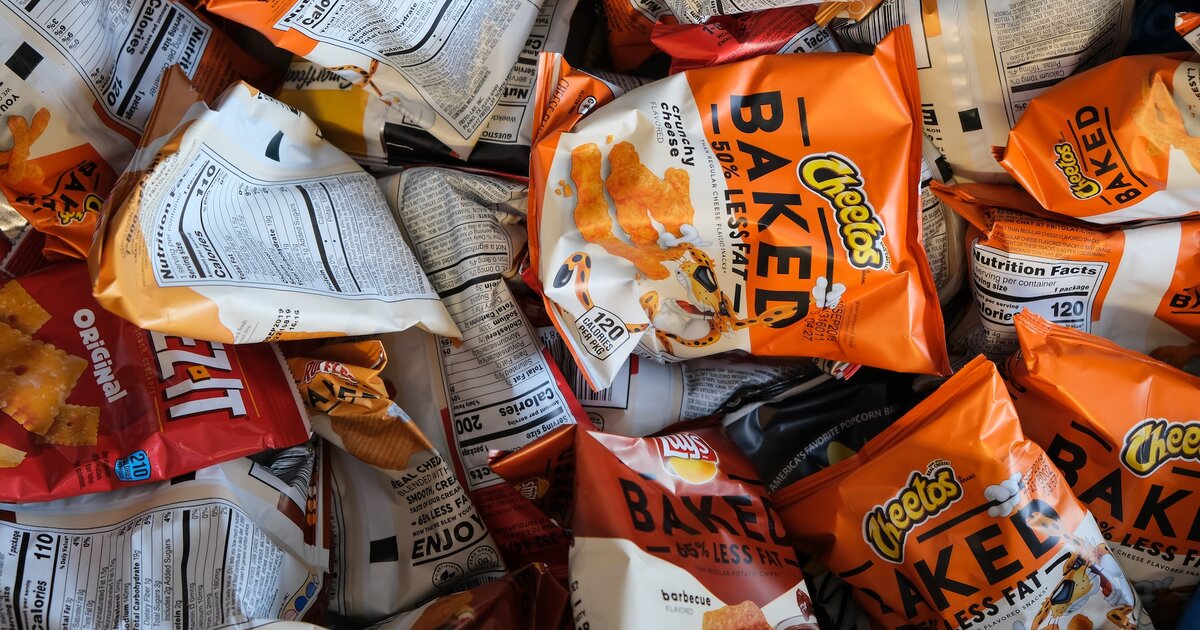In recent years, a concerning question has been on the minds of snack lovers: do Cheetos, the wildly popular cheesy snack, pose a cancer risk? This debate has stirred up considerable alarm and scrutiny over the ingredients and additives within these crunchy treats. As we dive into the facts, it’s crucial to separate scientific evidence from online rumors and understand the real health implications of indulging in Cheetos. Join us as we unravel the layers of this debate and provide clarity on what the evidence really says about Cheetos and cancer.
On this page:
Do Cheetos Cause Cancer? A Look at the Ingredients
Cheetos, the crunchy, cheesy snack, owe their irresistible flavor to a blend of ingredients that create that signature taste. The main component is enriched cornmeal, which is corn that has been processed and fortified with nutrients. But it’s not just corn that makes Cheetos; there’s a mix of vegetable oils including canola, sunflower, and/or corn oil that give these snacks their texture and help the cheese seasoning stick to each piece.
The cheese seasoning is where things get interesting. This is made up of whey, cheddar cheese, and other dairy ingredients that contribute to the tangy flavor. However, it’s the artificial colors, like Yellow 6, that give Cheetos their bright, eye-catching hue. While these colors are approved by the FDA, they have been subject to debate regarding their health effects.
Another notable ingredient is maltodextrin, a carbohydrate that comes from corn, rice, potato starch, or wheat. Maltodextrin is used to spread the flavor evenly over the snacks. Then there are the preservatives and flavor enhancers, such as monosodium glutamate (MSG), which heighten the savory taste, often described as umami.
While these ingredients are considered safe for consumption by the FDA, some people are concerned about how processed foods might affect their health in the long term. It’s also worth noting that Cheetos contain artificial flavors and preservatives like TBHQ, which is used to extend shelf life.
Understanding what goes into Cheetos can help consumers make informed choices. It’s clear that these snacks are a product of complex food engineering, designed to deliver a delicious taste that many enjoy. However, the question remains, ‘do Cheetos cause cancer’ when consumed over the long term? The next section will delve into the scientific perspective on snacks and their potential cancer risks.
Can Hot Cheetos Give You Cancer? The Science Explored
Many popular snacks, including some varieties of chips and cheese-flavored products, contain artificial colors, preservatives, and flavor enhancers that raise questions about health risks.

Researchers pay close attention to additives like artificial colors because some studies in animals have shown a link to cancer when they’re consumed in large amounts. However, translating these findings to human health isn’t straightforward. The amounts of these substances used in snacks are regulated and are much lower than the amounts shown to cause harm in lab animals.
Preservatives are another focal point. They keep snacks fresh but some types, like certain nitrates, have been associated with a higher cancer risk when consumed in large quantities. Again, the level of exposure from occasional snacking is typically much lower than the levels studied.
Flavor enhancers like MSG (monosodium glutamate) have been controversial, but extensive research has not found a direct link to cancer. Still, some people report sensitivity to MSG which can cause headaches or other reactions.
Trans fats, which have been largely phased out but can still be found in some snacks, have been linked to an increased risk of several health issues, including heart disease and inflammation, which can contribute to cancer risk.
The key point is that while some ingredients in snacks may be associated with health risks, the science is not clear-cut about the direct relationship between these snacks and cancer. It’s the dose that makes the poison, as the old saying goes. Eating snacks like Cheetos in moderation is unlikely to provide a high enough dose of any one potentially harmful substance to significantly increase cancer risk. However, a diet high in processed snacks and low in nutrients can contribute to poor overall health, which in turn can increase cancer risk.
Do Hot Cheetos Cause Cancer? Debunking Spicy Snack Myths
Firstly, the ‘spicy’ element of these snacks usually comes from flavorings that include various spices and capsicum extracts. These ingredients are not inherently carcinogenic. In fact, some research suggests that capsaicin, the compound that gives chili peppers their heat, may have health benefits, including anti-inflammatory properties.
Another myth is that the red and orange dyes used to give Cheetos their bold color are dangerous. While it’s true that artificial colors have been a topic of debate, most studies have not found a direct link to cancer. The Food and Drug Administration (FDA) answers the question, ‘do hot Cheetos cause cancer,’ by ensuring these additives are used within safe limits.

It’s also commonly believed that the preservatives in these snacks are harmful. However, preservatives like butylated hydroxyanisole (BHA) and butylated hydroxytoluene (BHT), which may be found in snack foods, are also regulated by the FDA. They are considered safe when consumed at levels typically found in foods.
The notion that the oils used in manufacturing Cheetos are a cancer risk is largely based on misunderstanding. Oils high in saturated and trans fats can contribute to heart disease, but they are not classified as carcinogens.
What Snack Manufacturers Reveal About Cheetos
Frito-Lay, the company behind Cheetos, maintains that their snacks are safe to eat as part of a balanced diet. They emphasize that Cheetos are made from real cheese and contain no artificial flavors. The company follows strict quality control measures and adheres to all federal regulations related to food safety and labeling.
In response to consumer concerns about ingredients and health effects, Frito-Lay provides nutritional information for all their products. This includes disclosing the presence of any allergens, the number of calories, and breakdowns of fat, carbohydrates, and protein content. They also provide serving size recommendations to help consumers enjoy their snacks in moderation.
Frito-Lay is transparent about the use of colorings and flavorings in Cheetos. They state that the colorings used are in compliance with the Food and Drug Administration (FDA) standards and are safe for consumption. The company has also made efforts to reduce the use of preservatives and to create products with simpler ingredient lists, catering to the growing consumer demand for ‘cleaner’ labels and fewer artificial ingredients.
While snack manufacturers like Frito-Lay provide this information and assure the public of their commitment to safety, they also recommend that their products be consumed in moderation as part of a diverse diet. They do not position Cheetos or similar snacks as health foods but rather as enjoyable treats that can be part of an overall healthy lifestyle when not overindulged.
Analyzing Cheetos’ Addictive Nature and Popularity
The texture of Cheetos plays a significant role in their addictive quality. The snack’s unique crunchiness can create a pleasurable sensation in the mouth, leading some to wonder, ‘can hot Cheetos give you cancer,’ due to their ‘vanishing caloric density.’ This term means that because Cheetos melt quickly, the brain is tricked into thinking there are fewer calories being consumed, encouraging more snacking.
The high levels of salt and fat in Cheetos are another reason for their addictive nature. These ingredients stimulate the production of dopamine, a neurotransmitter associated with pleasure and reward in the brain. Essentially, eating Cheetos can make you temporarily feel good, perpetuating a cycle of craving and consumption.
The bright orange cheese flavoring is more than just a taste enhancer. It also has visual appeal, making the snack more enticing. The vibrant color and the satisfying sound of the crunch add to the sensory experience, making it a full-package snack that appeals to multiple senses.
The popularity of Cheetos is also reinforced by clever marketing strategies. The brand has created a strong identity with recognizable mascots and slogans that resonate with consumers, further embedding the snack into popular culture.
Understanding the FDA’s Stance on Food Additives
The FDA classifies substances added to food, including those found in snacks like Cheetos, as food additives. These can range from preservatives that prolong shelf life to colorings that enhance the visual appeal.
Each food additive on the market has undergone a rigorous review process. The FDA assesses studies and data on the additive to ensure it is safe for the general population when consumed at typical levels. This process includes evaluating any potential for cancer-causing effects. When the evidence indicates that an additive does not pose a risk of cancer at the levels consumers would typically eat it, the FDA considers the additive safe for its intended use.
However, it’s important to note that the FDA’s “Generally Recognized as Safe” (GRAS) list includes additives that are considered safe based on a long history of common use in food or on the review of research by scientific experts. Some additives may have limited evidence due to the novelty or the difficulty in studying long-term effects, but they are still allowed if there’s no indication of harm at expected exposure levels.
In the case of artificial colors and flavors, which are prevalent in many snack foods, the FDA has specific regulations. These substances must be approved for use and are subject to quantity limitations to ensure safety. The FDA continually monitors the scientific literature and periodically re-evaluates additives as new research becomes available, making adjustments to regulations and recommendations if necessary.
How to Enjoy Cheetos Responsibly
Instead of thinking of them as a go-to snack, consider Cheetos as an occasional treat. Start by looking at the serving size on the package. Sticking to one serving can help manage calorie and sodium intake, which is important for overall health.
Another approach is to pair Cheetos with healthier options. For example, alongside a handful of Cheetos, one might add some carrot sticks, a piece of fruit, or a small serving of nuts. This not only adds nutritional value to the snack time but also helps fill up on less processed food options.
Mindful eating is also key when snacking on foods like Cheetos. This means paying attention to the experience of eating, savoring each bite, and listening to the body’s hunger cues. By eating slowly and without distraction, it’s easier to notice when feeling full, which can prevent overeating.
Staying hydrated can also reduce the cravings for salty snacks. Sometimes thirst is mistaken for hunger, so drinking a glass of water before reaching for a snack can be a helpful strategy.
It’s beneficial to explore other snack options that can satisfy the craving for something crunchy or savory without overindulging in Cheetos. There are many recipes available for homemade snacks that use whole ingredients and offer a similar texture or flavor profile.
Balancing Taste and Health
Navigating the intersection of taste and health is key when indulging in snacks like Cheetos. While the direct link between Cheetos and cancer isn’t concrete, being mindful of the ingredients and their effects on your body is essential. Enjoy these cheesy treats in moderation, and focus on maintaining a diet rich in nutrients. Remember, occasional treats are part of a balanced lifestyle, but they shouldn’t overshadow the importance of wholesome, healthful eating habits. By staying informed and making conscious choices, you can satisfy your snack cravings without compromising your well-being.
